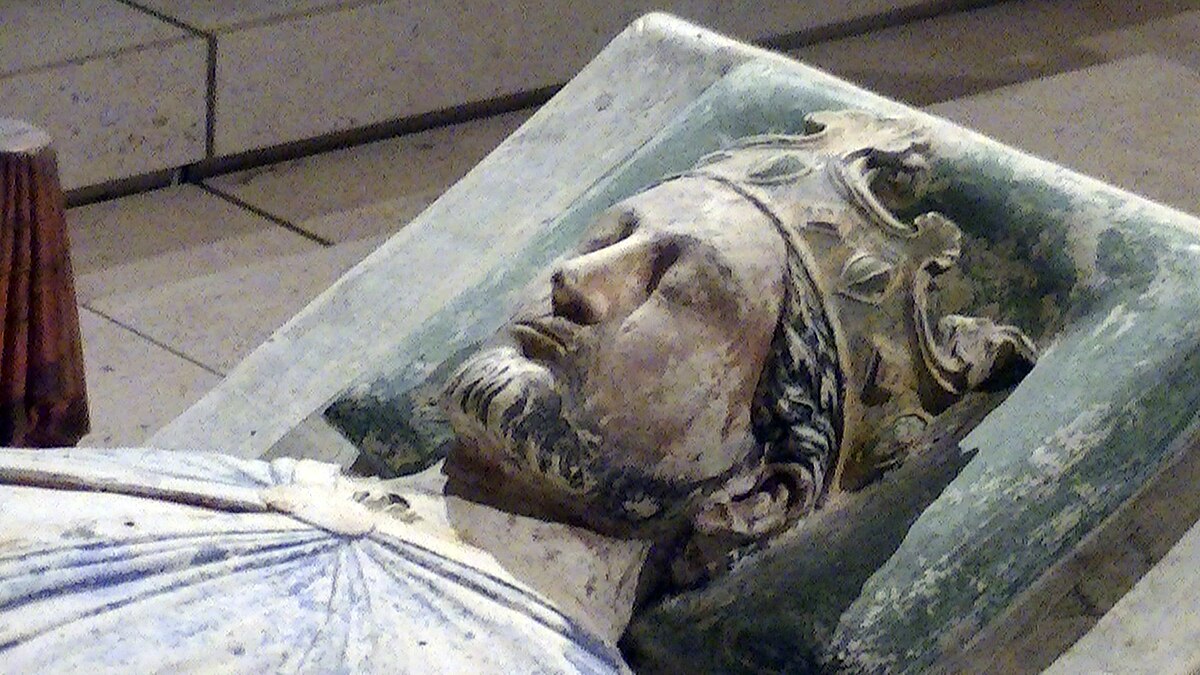Not sure how many of you knew, but the man who is arguably one of England's greatest kings spoke only French, and could not speak English. Here are some links:
There is also the case of the Celtic King Arthur, who England likes to claim as its own from time to time. Well, I guess it's not that odd when compared to certain other countries, like Greece for example, where the first president (Kondouriotes) spoke only Albanian, and could not speak Greek, or where they falsely claim Macedonian kings who fought against the ancient Greeks as their 'own'.
Richard the Lionheart spoke no English and he spent just ten months of his ten-year-reign in England.
Richard The Lion Heart was king for only nine years, of that he only spent 6 months in England and the only Christmas he spent in England was in the royal castle in Southampton. The Three lions of England are Henry II, Eleanor of Aquitaine and their son Richard the Lion Heart. Of these three, none of them spoke English, they were Normans so spoke French.
Although speaking only French and spending very little time in England (he lived in his Duchy of Aquitaine in the southwest of France, preferring to use his kingdom as a source of revenue to support his armies), he was seen as a pious hero by his subjects. He remains one of the very few Kings of England remembered by his epithet, rather than regnal number, and is an enduring, iconic figure in England.



Comment